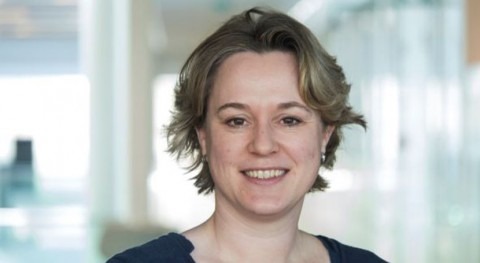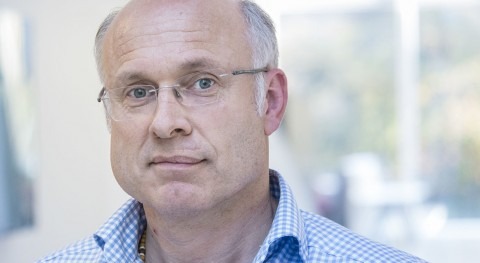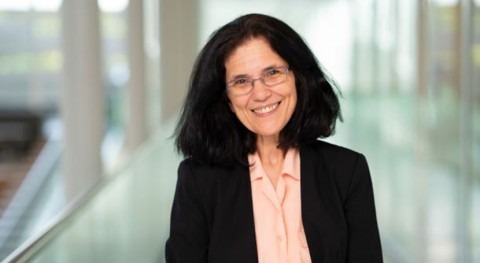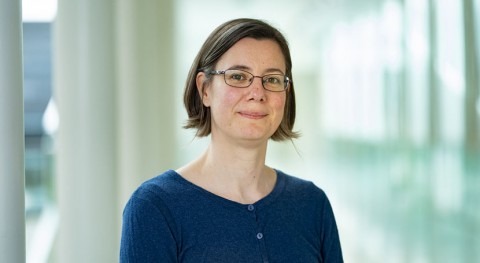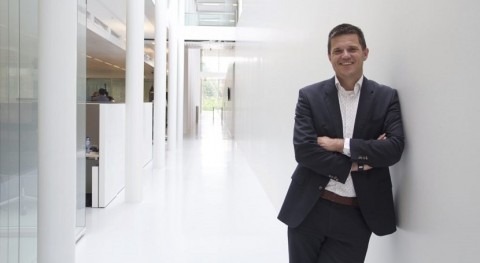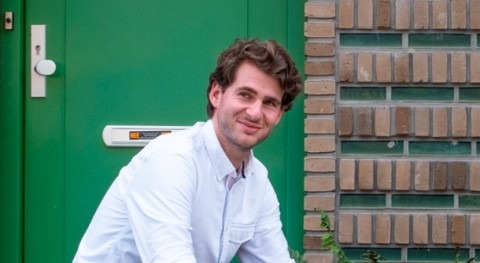The former home of the legendary Concorde supersonic aircraft is set to take off once again, but this time with innovation on water in the circular economy.
In Bristol, UK, the Filton airfield is being turned into a new sustainable housing and business greenfield area, with circular water developments at the heart of the redevelopment.
Purchased by Malaysian company YTL Development in 2015, a subsidiary of YTL Corporation and sister company of local utility, Wessex Water, the £800 million scheme will create over 2600 new homes and over 60 acres of commercial space, schools and health facilities.
“YTL is developing the site in a very sustainable manner, including creating a living environment that includes water recycling,” says Jan Hofman, director of the Water Innovation and Research Centre, University of Bath.
An iconic showcase of rainwater harvesting
A key part of the redevelopment is a strategic Surface Water System (SSW) to enable the local reuse of captured rainwater at a new YTL Arena Bristol.
The former home of the legendary Concorde supersonic aircraft is set to take off once again, but this time with innovation on water in the circular economy
he iconic Brabazon Hangars from the airport are being converted into a 17,080-capacity “entertainment destination”, respecting the site’s engineering legacy past but thrusting it into the future to put Bristol on the world stage.
Rainwater harvesting will be installed over 10,000 square meters of roof surface, with plans to collect, clean and use the water for toilet flushing. Excess rainwater will feed ponds and lakes, created as part of green spaces to enhance the area.
“We are investigating whether we can expand the rainwater collecting system to the roofs of the housing areas, including the commercial areas in the whole Filton development,” adds Hofman.
“We are looking at how this affects the water balance and flows of the entire area, including whether we can close that cycle.”
NextGen: demonstrating process around policies
The Filton airfield demonstration site is part of the Horizon2020 (H2020) NextGen collaboration that aims to drive the Circular Economy through a wide range of water-embedded resources, including water, energy and materials.
The four-year H2020 project brings together 30 organisations to demonstrate technological, business and governance solutions for water in the circular economy. From water utilities to a beer brewery, in total, 10 NextGen projects have been selected to represent a variety of stakeholders who could participate and benefit from circular economy activities.
“The benefits for using the Filton airfield as a case in NextGen is to demonstrate the actual process around policies and design and how to bring all of these elements together from the start,” adds Hofman.
Modelling work on the rainwater harvesting includes estimating the size of the tanks for water storage and even feasibility work on sewer heat recovery, for example, predicting how much heat would be available on the site during the day.
Other stakeholders involved include South Gloucestershire Council, The Environment Agency (EA) and local utilities Bristol Water and Wessex Water. The latter already has a large-scale wastewater treatment plant operating near Bristol, which is being taken into account in the Filton site modelling when it comes to water reuse and the circular economy.
Policies playing catch up
When it comes to policy, the Filton development is ahead of the curve, says Hofman. "Rainwater harvesting, at scale, is still very new, and I think it will be used occasionally in the country,” he says.
"There has been some research, but there remains a lack of regulation to encourage or discourage it. We’re running ahead of what is available for these systems.”
Stef Koop, scientific research at KWR Water Research Institute, leading NextGen, says that policy is essential to ensure such systems are truly circular.
When it comes to policy, the Filton development is ahead of the curve, says Hofman. "Rainwater harvesting, at scale, is still very new, and I think it will be used occasionally in the country,” he says.
These pilots are the forefront of new technology, new systems, where policies still have to develop and have to adjust. We must get the message of the key opportunities but also the key barriers to implementing new technologies and new systems. The challenge remains of how do we get that message across from more localised sites to these more centralised policymakers?”
To help matters, Koop also believes we should not confuse circularity with sustainability.
“Circularity can be a solution for creating something sustainable, but it also involves other aspects,” he says. “If you are going to circulate things, you have to deal with pollution. Otherwise, it will accumulate in your cycle.”
The YTL development has a fantastic opportunity to lead with water in the circular economy and create the "Concorde" of our time. Instead of housing a supersonic, state of the art plane capable of crossing the Atlantic in under three hours, the YTL Arena Bristol could house an iconic, state of the art rainwater recycling system.
Just like Concorde put Filton on the global map, this project could establish the former airfield as a global frontrunner for sustainable development.






